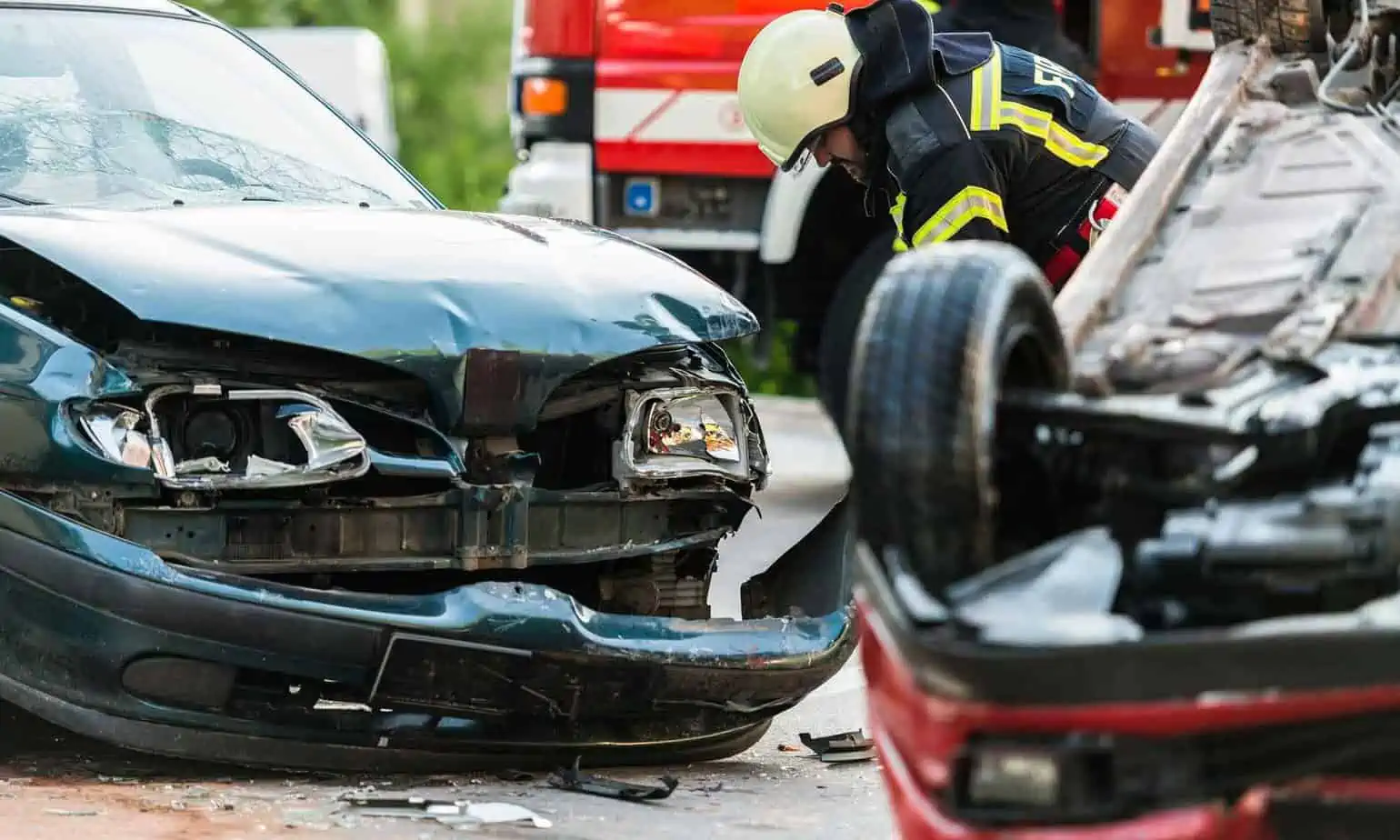Recently, the National Safety Council reported that Americans are more likely to die from an opioid overdose than a motor vehicle crash. But a study by Columbia University now shows that opioids and car accidents may be more connected than we think.
According to Professor Li, who led the study, deadly crashes involving someone under the influence of prescription painkillers have seen a fivefold increase in men and a sevenfold increase in women. Data also showed that individuals using prescription painkillers are twice as likely to be in a fatal car accident as those not using drugs.
The impact of the opioid epidemic is undeniable. But as Li highlighted, “the opioid epidemic has been primarily measured by the number of overdose fatalities.” The study proves that adverse consequences of opioid use reach far beyond just overdoses.
Because drug testing is not consistent nationwide, and many drugs require different tests, the U.S. National Highway Traffic Safety Administration (NHTSA) says it is impossible to fully understand the severity of drugged driving. But former senior official at the NHTSA, Jim Hedlund, says one point is clear: “drugs can impair, and drug-impaired drivers can crash.”
Even when prescribed and taken according to a doctor’s orders, painkillers can pose a danger on the road. While they affect everyone differently, typical side effects include drowsiness, impaired thinking, and slowed reaction times ⎼ all of which interfere with one’s ability to drive safely. Not surprisingly, over half of the deceased drivers who tested positive for drugs during the study crashed because they were unable to stay in their lane.
What to Do If You Are Prescribed Painkillers
Even if you have been previously prescribed a particular painkiller, you do not know how your body will react to it this time around. You should not drive until you know how the medication will affect you, preferably for five days. You should never drive if you are feeling drowsy, if you have taken more than prescribed, or if you have consumed alcohol. Know that driving while on prescription medications is dangerous, and in some states illegal, and should be avoided.
If you or a loved one is struggling with addiction, Mountainside can help.
Click here or call (888) 833-4676 to speak with one of our addiction treatment experts.

 By
By 






